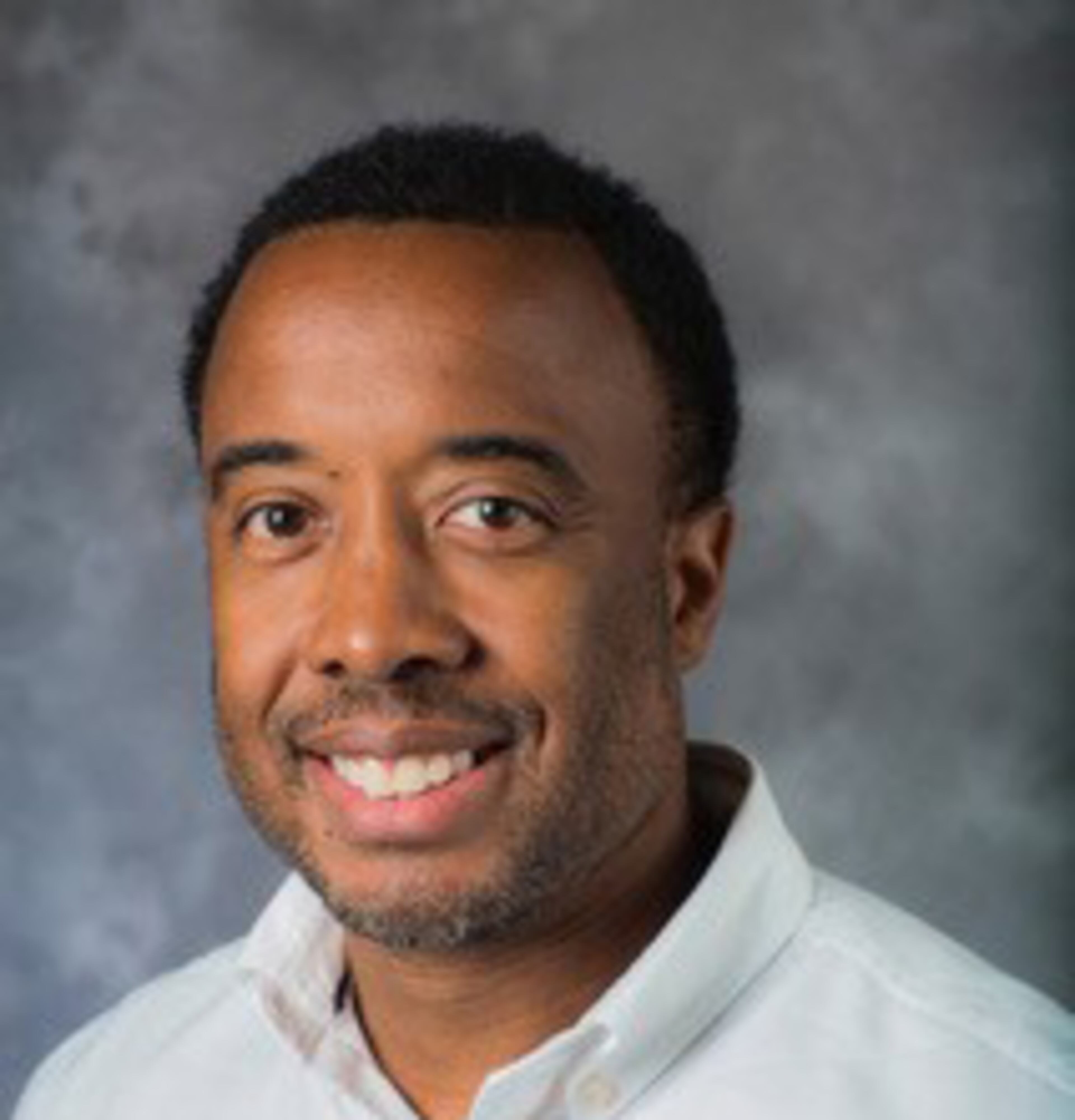Opinion: Nurses are overworked, essential part of health care system
Know your value. Know your worth.
How can we expect a healthy society when we devalue the most critical components of our society? One group I would like to focus on today is nurses.
Nurses are the faces, hands, hearts and backbones of the U.S. health care system. If a hospital or clinic runs well, look at the nurses. If it runs poorly, look again at the nurses. But do not look with an eye of criticism but of sympathy and, if possible, empathy.
Nurses, while agents of health, often are asked to practice in a manner or under conditions that often sacrifice their health and well-being. They are often expected to work 12 to 14 hours a day without basic things like lunch breaks or restroom breaks. They are often targeted by patients, providers and administrators alike, especially when things don’t go as expected. They are constantly tasked with doing the impossible, selling what they aren’t often afforded -- health.
They are asked to do more with less, both time and resources.

No surprise then that America’s overall health and health care systems look like they do, despite the amount of money that is poured into them. Too often, the difference between our nurses and our patients is time -- time before they become patients themselves, sacrificing their health for the health, actual and financial, of others.
One might think, they get paid well. Do they, when the money received is all too soon paid back, trying to buy back health from the system that helped rob them of it? This value contradiction is not true of all healthcare systems. But it is true of too many.
The solution: Know your worth. Know your value. Know their work. Know their value.
Nurses, know that you are essential, and so is your health. Start there.
Healthcare systems cannot function without you, and their financial health is dependent upon you. Like a ventilator, you are what is keeping the U.S. healthcare system alive. And as 2020 showed us, the system is fragile and in critical condition. It doesn’t take much to send it back to the ICU.
Also, remember that money appeared to come from nowhere when your true value was appreciated by corporations and society as a whole.
Lastly, know that your health is not exchangeable for any monetary amount. Know that the health of your patients and our communities depends on your health and well-being. This is not negotiable. It’s hard to advocate for others when you are not allowed to do the same for yourself. It’s hard to sell what you don’t own.
So, if you value the health of others, value your own health.
In other words, know your worth.
Health is wealth.
John E. Lewis Jr., M.D., M.S., is an assistant professor of emergency medicine at Emory University School of Medicine. A Morehouse College graduate, he received his medical doctorate from Howard University. He currently serves as the national co-chair of the American College of Emergency Physicians Social Emergency Medicine section education workgroup. Dr. Lewis is co-founder of a health literacy start-up, Emergency Medicine Remix (EM Remix). The primary mission of EM Remix is combating health disparities though education and the arts.
More Stories
The Latest


